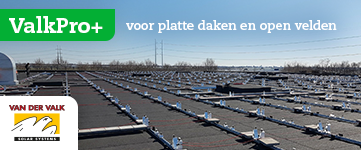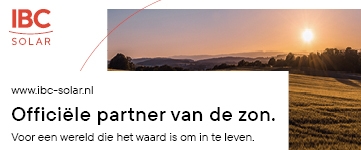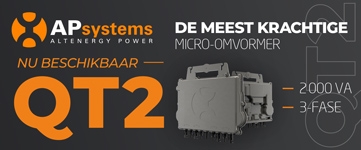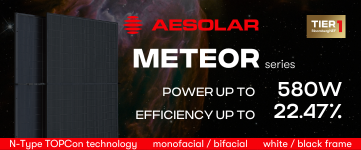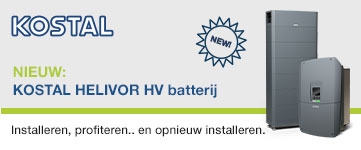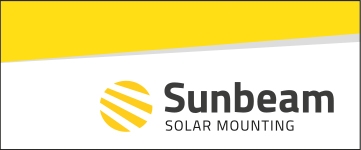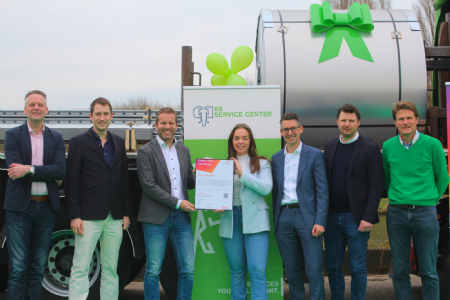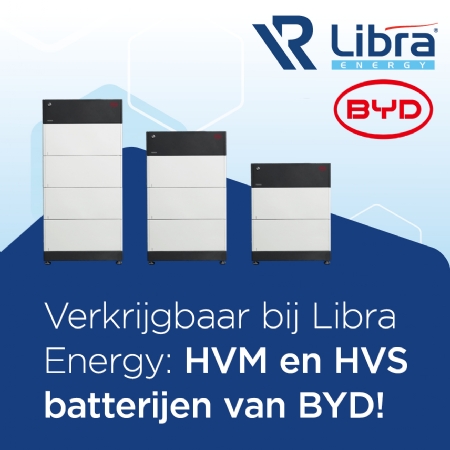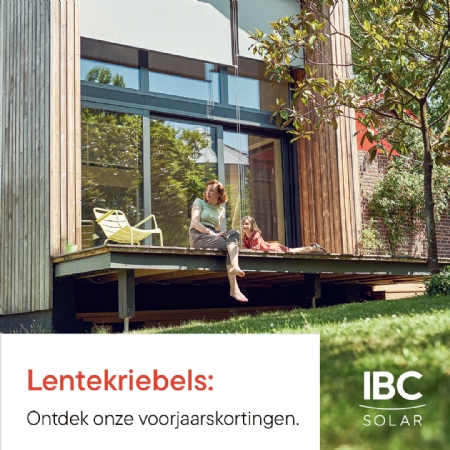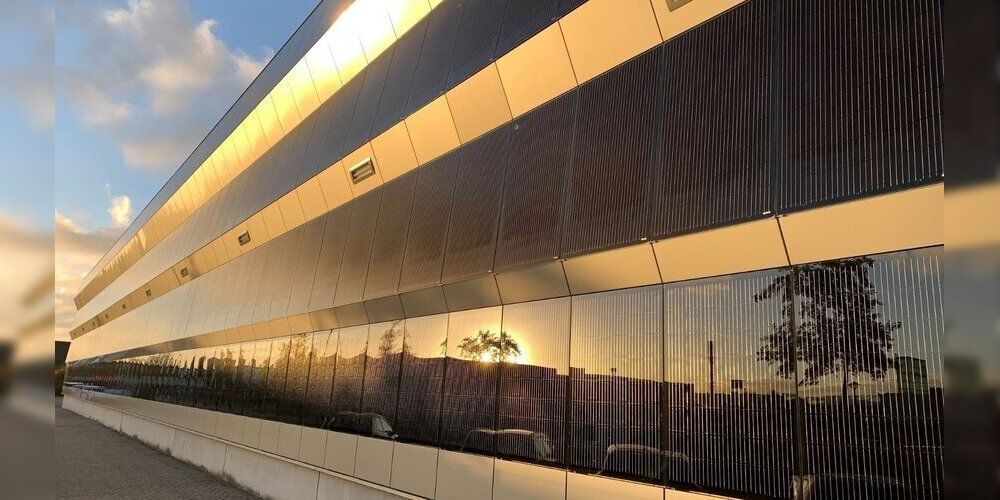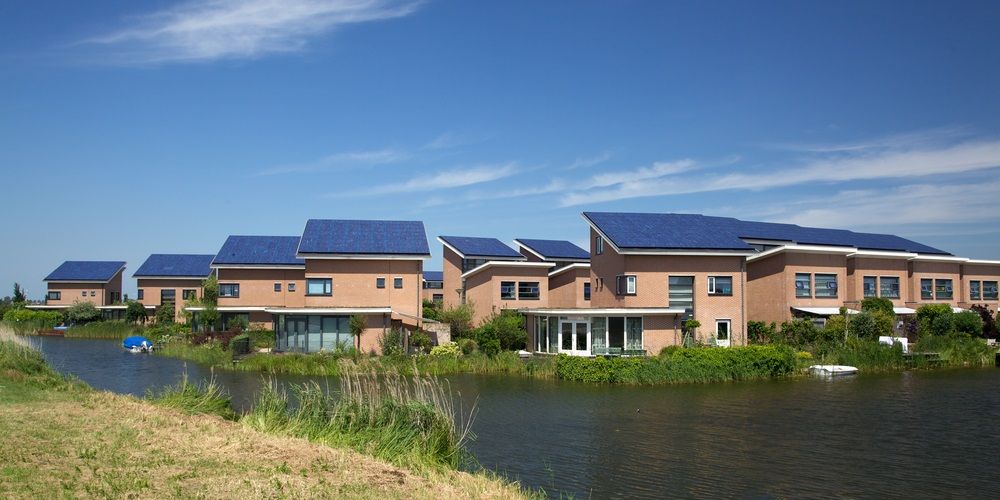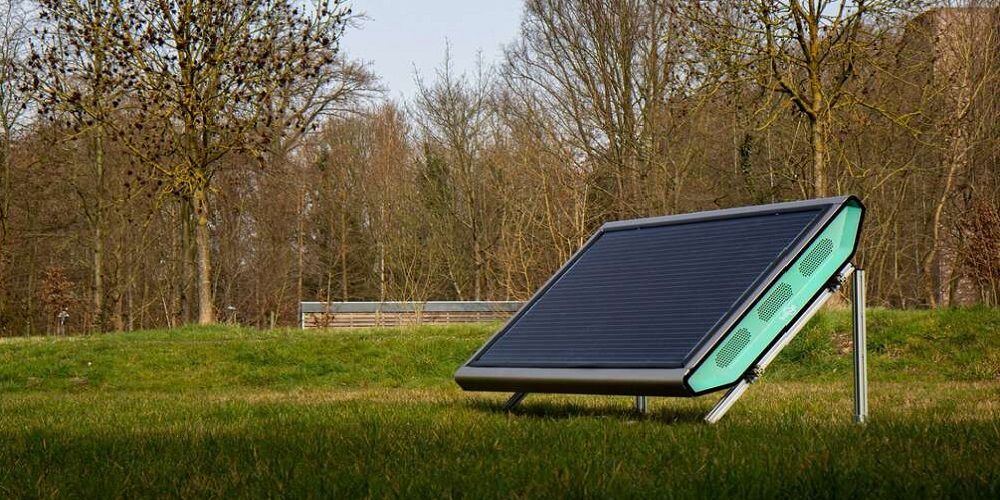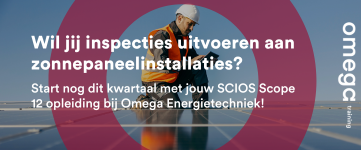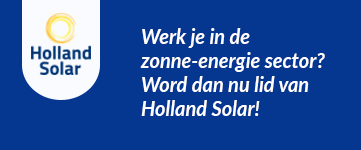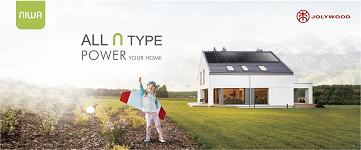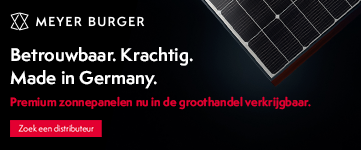SoliTek presents more efficient solar module for greenhouses
7 augustus 2023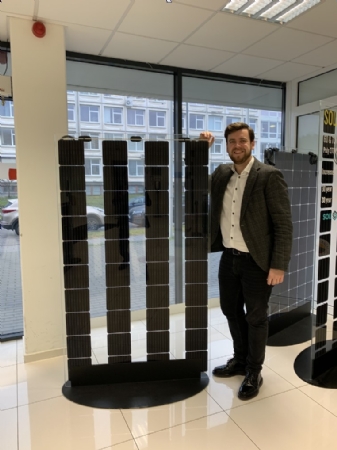
The solar module manufacturer SoliTek introduced the solar panel M40 for greenhouses, which is almost 2 times cheaper than the previous ones of this type - the ideal price-quality ratio has been achieved, which is particularly important for greenhouse farms. SoliTek's research team was able to create significantly more transparent glass/glass solar module. The new uniqueness of the product is not only much more efficient electricity generation, but also higher light transmission, which is very important for greenhouses.
“We’ve been producing solar modules for greenhouses for years. The latest model of the M40 solar panel a power of 245 W and a light transmittance of 40 per cent, which means that as much as 40 per cent of its surface is transparent and transmits more natural light than in previous modules, and is suitable even for less sunny greenhouses. With this module we are just beginning to discover solar agro-power plants, which really belong to the future. In 2015 SoliTek successfully implemented a solar agro-power plant project in Malaysia, where SoliTek from glass modules produced in Lithuania built a 1.5 MW roof agro-power plant for growing peppers. Even then it became clear that growing peppers in drier and hotter areas in the shade of solar modules can achieve much higher yields and significantly reduce the amount of water needed for irrigation, the yield of vegetables and fruit can increase by 2-3 times than in usual agriculture and the yield matures by 30% faster than under normal conditions. Water losses have been reduced by as much as 65 %,” says SoliTek’s head Julius Sakalauskas.
It is estimated that modern greenhouses consume 10 times more energy than conventional ones, so the cost of such a business is relatively high. Solar power plant can be one of the solutions for saving electricity. A properly equipped power plant can reduce the cost of electricity by about 80 % or even 100 %.
Nowadays agro-power plants are widely spread all over the world, as a roofed solar power plant also perform the function of a durable, long lasting glass greenhouse roof. High-efficiency solar modules are mainly used for them to get more light through the "roof". The generation of such power plants is smaller, it reaches 50-60% of the capacity of a conventional solar power plant and could generate 500-600 kWh of electricity annually from the installed 1 kW.
Head of Solitek, Julius Sakalauskas, says, that solar agro-power plants are non-invasive, environmentally sustainable and cost-effective, as they allow you to earn twice as much from arable land - by growing land production and generating electricity.
“Solar power plants suitable for agriculture (#agrivoltaics), which have been gaining popularity in the world for a good decade so far, are already being designed in Lithuania too. This is our future that will allow the use of agricultural land for both crop production and clean solar electricity generation. Such projects give meaning to the key objectives of the European Green Deal: to reduce greenhouse gas emissions, to promote innovation, to reduce spending on people and to engage regions in green transformation,” he says.
The Lithuanian energy sector has undergone a tremendous transformation in recent decades, with energy independence as its axis. Now is the time to accelerate another stage of change in the energy sector - the state's energy "mix" must become more environmentally friendly. This project is the path to independent and clean energy. In addition, looking ahead, it is important to understand that solar energy can develop in a variety of ways, such as roofs or facades or as greenhouses that generate electricity.
According to researchers at the University of California, in 2050 humanity will consume 70 percent more food than it does now. The greenhouse could be one of the solutions to ensure food security for people. At present, the world’s greenhouses occupy 36,421 square meters. The largest greenhouses are in Spain. Their area is almost 200 square meters. The Japanese and the Dutch, who have even less land, have already acknowledged the triple benefits of such solar power plants: it allows the use of agricultural land for both crop production and clean solar electricity generation, smartly installed agro- power plant protects the soil from erosion, equalizes temperature fluctuations, it better retains moisture on the soil surface, thus saving water for watering. Solar power plants allow to develop agriculture in desert lands.
Dit artikel is 7 augustus 2023 geplaatst door: SoliTek



